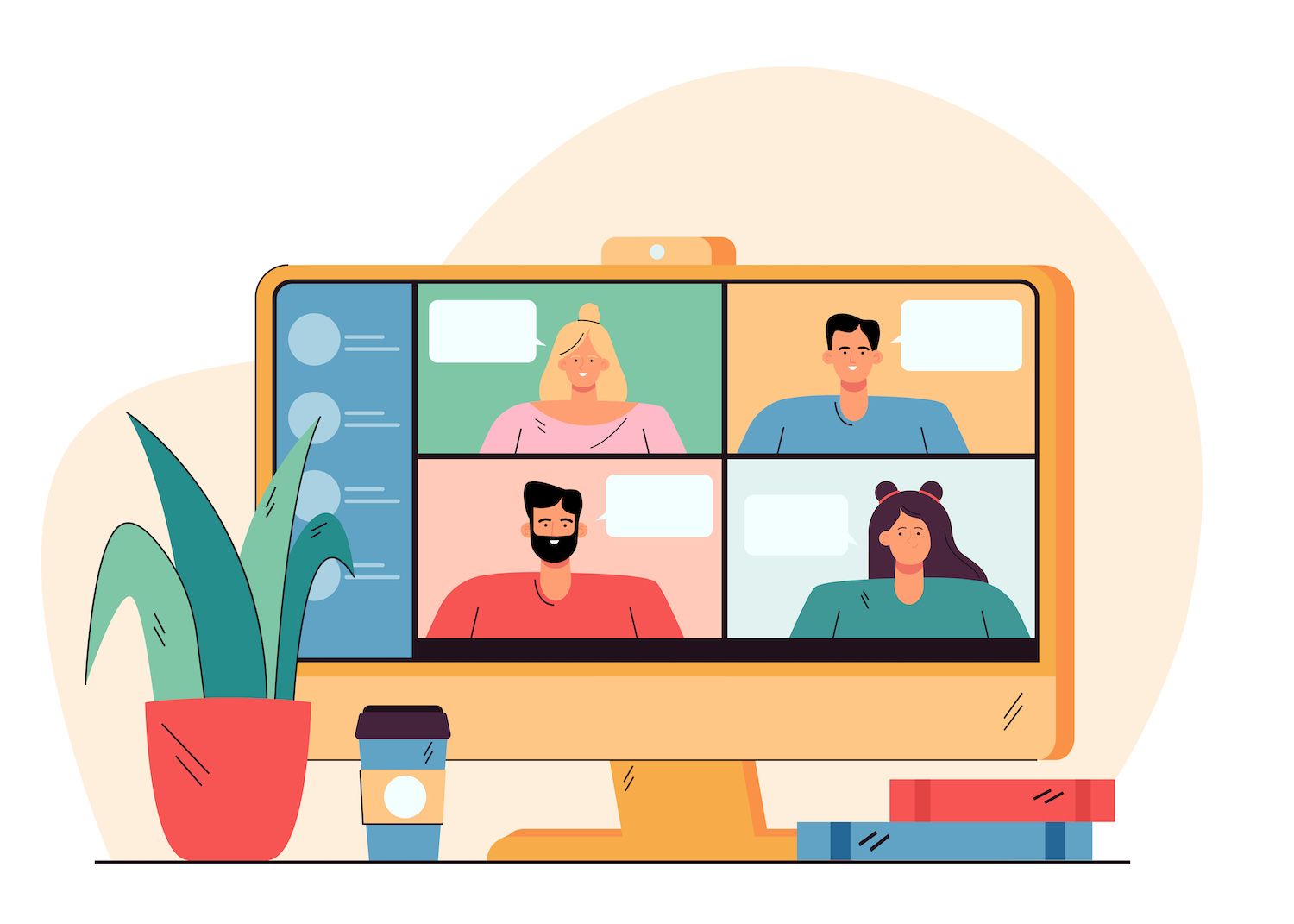Paddy McGill: How to Expand Your Business Using Online Courses (Success Summit Day 1)
Do you have an idea for a business? looking for what you can do to grow your business?
The right spot is here. Maybe you've exhausted your time working with customers, or you want to get potential customers to buy your product. What ever your business's model is If you've reached a plateau, you need an approach to grow your business.
Today, we want to share with you how online training will help you achieve this by reaching more customers, saving you time, as well as expanding your area of influence - no matter what type of entrepreneur you are.
Watch our video below with course creation professional Paddy McGill, to learn the best ways to scale your business with online courses and learn how other entrepreneurs have done it.
Grow Your Client Business Using Online Courses
The business of a client can be extremely rewarding. If you're a freelancer consultant, influencer or service provider, there is often no greater feeling than helping your customers and helping them achieve the results they might have achieved do on their own.
But there's one big problem when running a business for clients.
When you deal with customers in a one-on-one manner that means you're trading time for money. With only 24 hours in every day, there's no limit to the amount of clients you're able to accommodate.
There's good news the fact that with online classes, you can multiply your efforts to assist more clients, without having duplicate your self.

There are many types of entrepreneurs who are transitioning into online courses with similar results. Let's look at how different types of client-based businesses accomplish this.
YouTubers
YouTubers have always relied upon ad revenues. Given the amount of content they already create, packaging it into an online class is straightforward, and allows YouTubers to earn a higher rate of return as compared to advertisements.
Sunny Lenarduzzi is a great illustration of this.

Bloggers
The norm for bloggers is to create content that is accessible for free on their websites and attempt to make money from their posts through banner ads or affiliate links. Nowadays numerous bloggers have realized they can generate more revenue through the same efforts through the conversion of their posts into online course.

Speakers
If you've hit a ceiling with the number of speaking gigs they can take on, online courses will help them break the limit. Many experts who do this prefer to do free speaking to earn revenue selling related online courses.
Michael Port has been giving keynote addresses on public speaking and professional development for more than 15 years. Michael Port is an example of a person who has had a great speaking career that decided to step away of delivering keynotes, to concentrate on creating a greater impression through online classes.
Podcasters
Podcasters are also ditching the conventional sponsorship model in favor of selling their own course. They can monetize their audience without interrupting their shows with ads by other businesses.

John Lee Dumas is a podcaster that has used online training to grow his following as well as his business. He created the popular podcast Entrepreneurs on Fire, which grew to yield six figures from sponsorships. He went on to create an online course on podcasting which is now bringing in more money.
Coaches and Consultants
Professionals who are at capacity on their calendars and cannot give up any time to earn money are scaling up with the help of online courses, by creating an online component of their company.
Mari Smith is a leading expert in Facebook marketing and has provided consulting services to numerous companies. For her own growth she has decided to pass on her expertise via online training.
Authors
Authors can augment diminishing book revenue by offering online courses as a natural extension of the ideas covered in their books. One example of this could be Dorie Clark, who is a top-selling author and branding expert. After the success with her novels, she decided to take her company up a notch with the launch of an online course titled, Recognized Expert.

If you possess a talent, audience, or passion that people want, selling your online course can be a fantastic method to expand your company and make additional money.
Online courses can also be used as a customer acquisition method, which can bring additional customers to another part of your business. This is the subject we will explore in the following section.
Online courses for Customer Acquisition
A few companies flip the online course model over the head, using online courses to build an audience, in the hopes of making customers purchase additional products.
An excellent illustration of this is Hootsuite the world's leading provider of software for managing social media. Hootsuite offers no-cost social media marketing online classes in Hootsuite's Hootsuite Academy. More than 250,000 people took these classes, and many of them have become paying customers of Hootsuite's program.

Online courses for customer Successful
It is also possible to make use of online training courses to educate your customers to utilize your product, while making sure they aren't tempted to switch to another competitor. This is a great strategy to use if your product requires an education curve in order to be used.
A good example of this is Later, a company providing software to manage and schedule social media posts. While their software is easy to use, many people aren't sure how to be successful on social media. Later found that people were able to sign up, then use the software without much success on social media but then quit the site.
Myths Concerning creating online courses
At this point you might be thinking: if the online classes are that fantastic, why shouldn't everyone already have one? In the end, as you've observed from the instances above, online courses are beneficial to many types of entrepreneursat different levels of their businesses.
Following a survey of our audience We discovered that there are a few commonly believed myths and misinformation about creating online courses that stop people from taking action.
Let's take them apart.
Myth #1: I'm not an expertin this field, and therefore can't develop an online course
The reality is, if you help someone obtain the outcome they're hoping for, for that person you are an expert. Although there are things you still feel you're able to learn, if you can lead your listeners on a journey to learn it is sufficient.
Myth #2: Anyone can take my classes absolutely free of charge
While this could be true, what people want most and would be willing to spend money on is convenience. When they take an online course students receive proven guidance along with accountability and the benefit of a community. Actually, access to a community can be a major factor in a person's decision to take a risk on an online class.
Myth #3: I don't know how to impart my knowledge
Take stock of the intersection between your skills, passions and market demands. What are you best equipped to impart knowledge? Are there any questions you're frequently asked by clients? If so, this is typically a good evidence that you should make an online class to address those concerns.
Myth 4: If I teach them, they'll not want to take me on as a hirer.
There are many who don't want to or has the money to pay for your expertise. Make your course online for DIYers in the market They are not looking to pay for your service anyway.
Myth #5: I don't have enough time
Making an online course allows you to reach out to more students and in less time. By investing time up front, you will be freeing up your time later on.
Myth No. 6 I'd like my course to be perfect
Ah, perfectionism. The reality is, there's nothing that is perfect. Your customers are the ultimate judge. Although you may think that your course is perfect the students are likely to identify areas for improvement. Doing is always better than being perfect.
Myth #7: There's way too much competition
Competition is a sign of demand in the market. This isn't a bad aspect. But what you should concentrate on is finding ways to stand out. Consider ways to match your content to the specific market you want to reach and then infuse the message with your own unique voice.
Don't let these myths get out of the way of getting involved!
If you're seeking more tips on how to begin creating your own online course, download this free guide for making and selling online courses.
